Nicholas Carlisle interviews Isura Silva as part of our series on the online lives of young children across the world. Isura Silva is a strategic consultant for Sarvodaya Fusion, a unit of Sarvodaya movement, the oldest and largest charity non-profit organization in Sri Lanka. Its mission is to bring digital access, digital literacy and digital benefits to every person in Sri Lanka.
Background. Children in Sri Lanka are growing up within a pronounced digital divide caused by significant differences in their family’s income. Only 23% of children live in households that have a desktop or laptop, and only 28% of their parents are computer literate (Department of Census and Statistics, Sri Lanka, 2018). Many children access the internet by smartphones, which are widespread. Half of adolescents surveyed learned to access the Internet by themselves, with a higher percentage of boys (60%) being self-taught than girls (35%). Nearly half of girls in Sri Lanka learned to access the Internet from their siblings (Keeping Children in Sri Lanka Safe and Empowered Online, UNICEF, 2018).
What are children in Sri Lanka using their parent’s phones for?
Most of them are taking pictures, because that’s the most interesting thing to do, and they send them to others using their parents’ accounts, like Facebook Messenger, WhatsApp, Viber.
Are they using the kid friendly version of Facebook Messenger?
Mostly no, because they are using their parent’s phone and often their parent’s Facebook account. More educated parents create separate accounts that are child friendly, but that is a much smaller percentage. I talk to people in the rural sections, and I ask them “Are you on Facebook?” and they say yes, and I say “Are you on the Internet?” and they say no. They get their mobile data enabled by a prepaid connection, but all they can see is that they are on the Facebook app. They don’t realise that they are on the Internet. I am not talking about the young people here, I am talking about the adults in rural sections. They are not asking the questions that they need to ask such as: “How do I enable my mobile data?” and “How do I set my privacy’” and “Do I have to be careful about sharing pictures?” Those conversations are only now starting to happen.
I’m guessing that part of the problem is that many of the adults are unaware of the risks to themselves. At what age are parents allowing children to use their phones?
My sister has a kid, who is just one year old, and she knows how to search for Youtube videos on her mother’s mobile phone. At around eight months, kids are getting to use smartphones. When she comes over to our home she goes to the TV screen and she swipes, because she thinks it is a huge smartphone.
Are parents getting tablets or iPads for their children?
In the city section, yes, but parents’ knowledge of how to manage their child’s online protection is low. A lot of them don’t realise that there’s a version of Youtube that is kid friendly. When you learn to drive a car you need to get a licence, and you know what you need to learn and you know the rules. But with smartphones, people don’t think that they need any training. People don’t think about their digital privacy and they don’t think their pictures can be stolen until it happens to them. And because there is no basic education on how to be safe and ethical online, when something bad happens in the family, such as a child suffering unwanted contact, he or she will not tell their parent, because most parents wouldn’t understand what to do. Their first reaction would be “Why were you online, we told you not to. Now you are in trouble.” And because the media projects so many negative things about what happens on social media, such as blackmailing and harassment, the first thing the parents would say is: “You know it’s your fault because you were online, we asked you not to”. The victim becomes the wrongdoer.
What are examples of things that could go wrong for a child online?
The simplest of things such as children being exposed to porn.
What age is that happening at?
Most of the complaints I have heard from parents are that when when they browse Facebook there are group suggestions, page suggestions, for explicit content, and they can’t filter them out. And on Youtube there will be recommendations that are not relevant to what the child is watching right now, but then something will pop up based on the history of what the parent has watched. Or even if they haven’t watched something like that, they will be recommended new videos because they are trending. A lot of children are now getting online, and what happens is one child at the school will say: “I watched this cool thing, I had access to this, I can’t believe I had access to this.” It becomes the cool thing to do. It could happen at grade one even. I’m not an expert, or able to say this concretely, but it could happen at any age. And parents never think it is their child – others are probably watching porn but not my child.
Is Internet use in Sri Lanka affected by hate speech?
Because of the biases people have about religion, cast, and education, people tend to get into their biases and define their comfort zone around that. Even a simple thing like compassion will go out the window when there is racial tension. Back in May 2018 the government had to ban social media in Sri Lanka, because of the religious tension that was occurring.
Power of Zero focuses on children aged eight and under. We’re aiming to give them a foundational set of skills and values. What do you think young children need in Sri Lanka to prepare them for a digital life?
I was recently asked who should be providing education to young children. I said that it is not technicians that we need, because this is not a technology problem. We are distancing ourselves from each other and getting lonelier by the day. We are addicted to these devices and sometimes we don’t even know how to get out of the addiction. We need to rebuild our humanity and our communities, and not to be so isolated by technology.
Netflix recently released an interactive film – Bandersnatch – in which you are able to choose to turn left or right, choose to hit someone you are angry at or walk away. You go through and you see what your actions led to. This is what the digital world is like for adults: we have maturity and responsibility on our side. But when you are young, let’s say eight or younger, you don’t have enough experience to understand the consequences of your decisions, especially online. It’s a difficult conversation to have, but children need to understand the consequences. If they see this, they would have more empathy and take better care of each other.
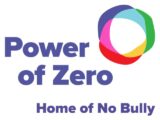
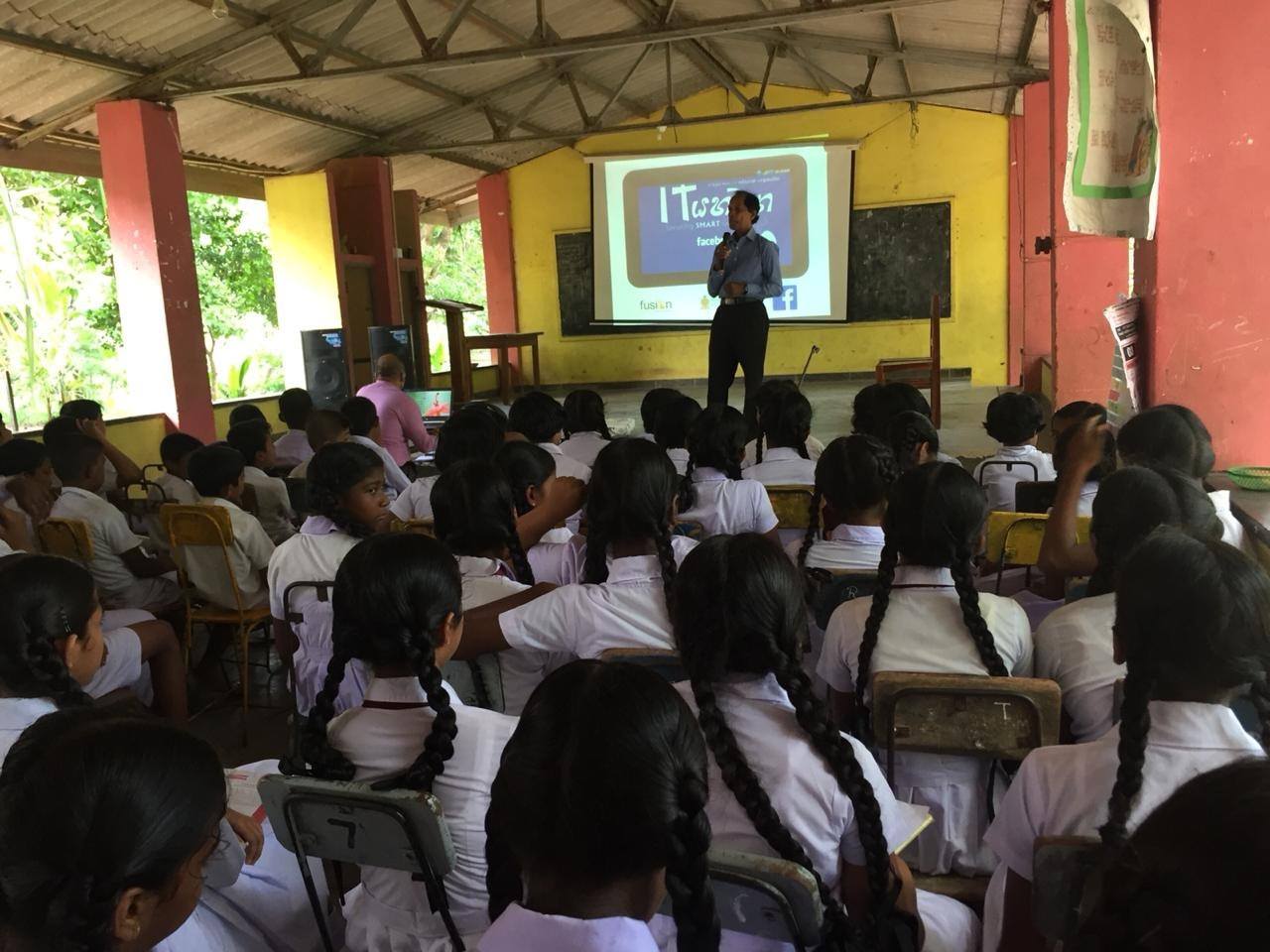
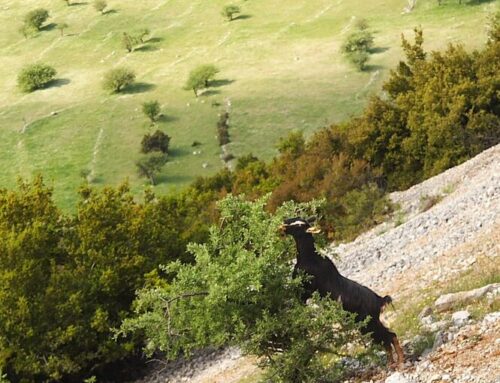
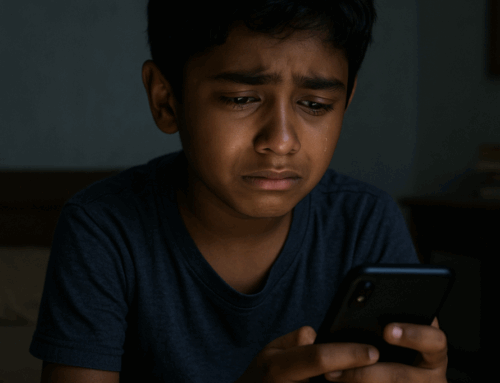
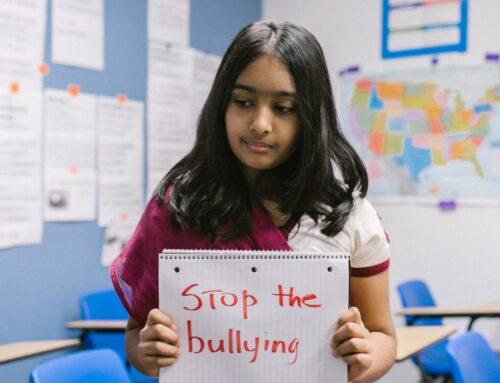


Leave A Comment